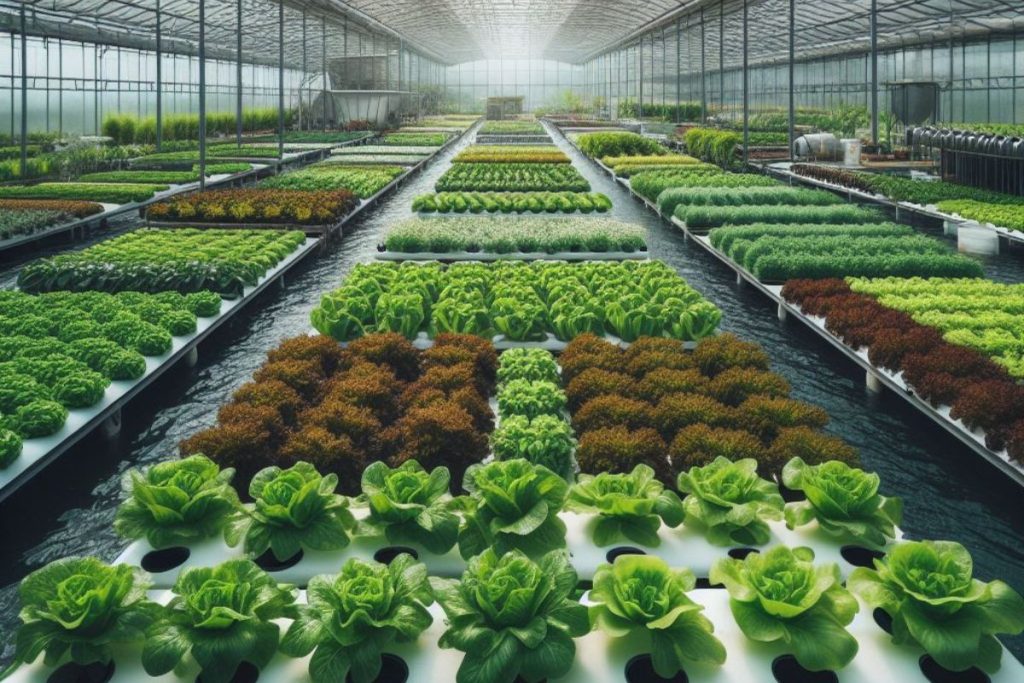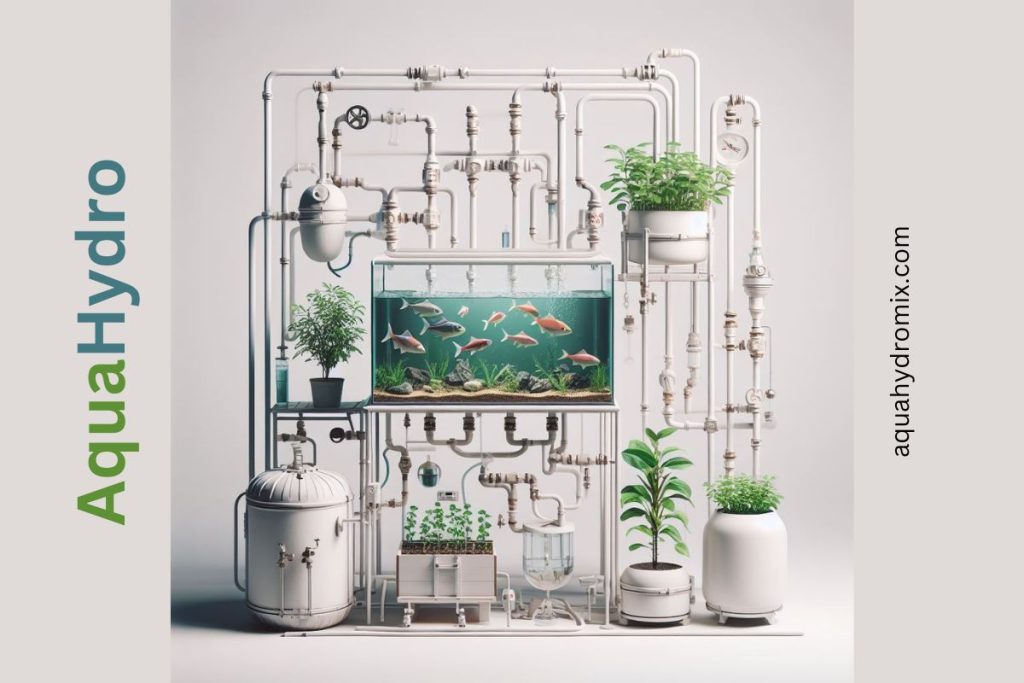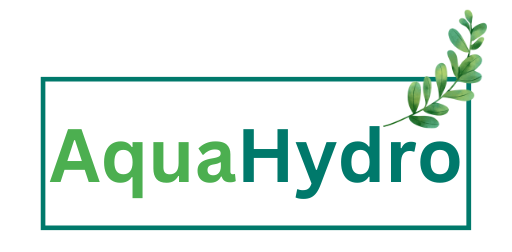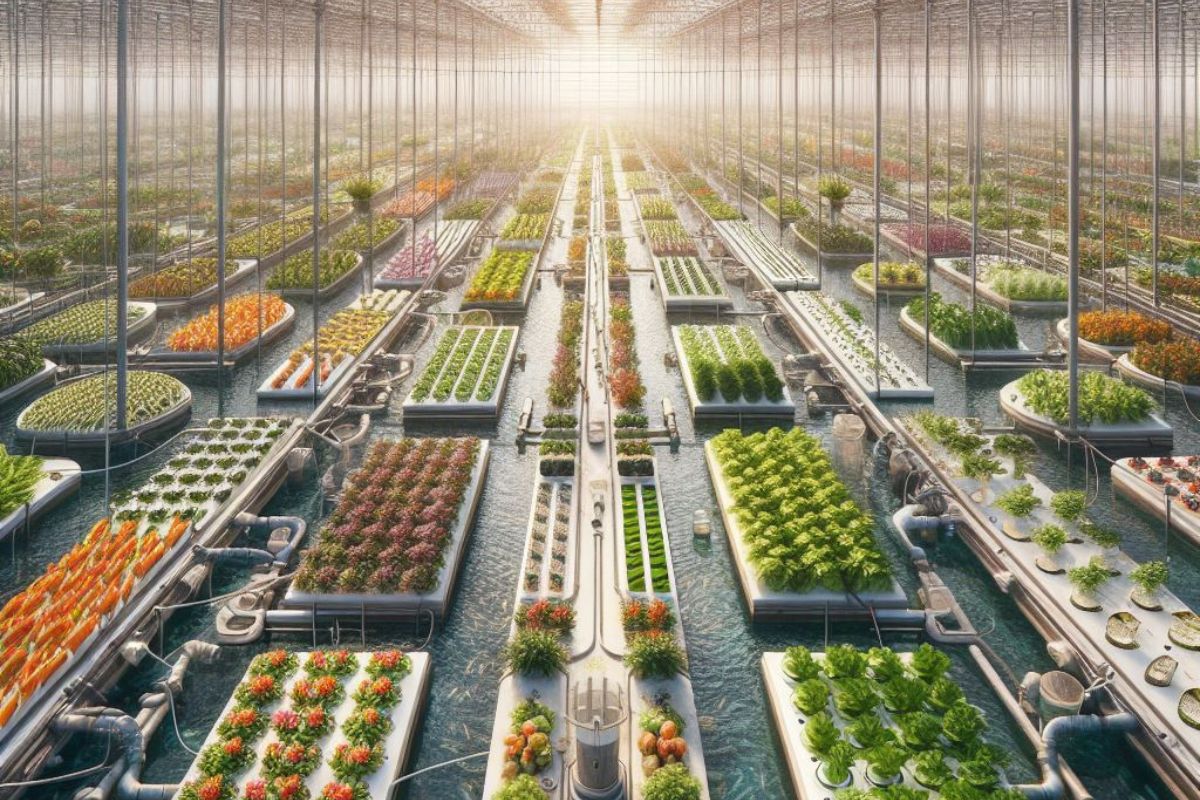Commercial aquaponics farms are a specialized agricultural operation that integrates aquaculture (fish farming) and hydroponics (soil-less plant cultivation) into a symbiotic system. In a commercial aquaponics farm, fish and plants are cultivated together in a closed-loop recirculating system, where the waste produced by the fish provides essential nutrients for the plants, and the plants help purify and filter the water for the fish.
In recent years, there has been a surge in interest surrounding sustainable agriculture, and one method that’s been gaining significant attention is commercial aquaponics farming. As we delve into this exciting agricultural innovation, we’ll explore the inner workings of aquaponics, its benefits, and why it’s poised to revolutionize the way we produce food.
What is Aquaponics?

Aquaponics is an eco-friendly farming technique that blends fish cultivation (aquaculture) with growing plants in water (hydroponics). This innovative approach creates a mutually beneficial ecosystem where fish and plants coexist, each contributing to the other’s growth.
The Aquaponic Cycle

Fish Tank:
The fish tank is at the heart of an aquaponics system. Fish, such as tilapia or catfish, are raised in this controlled environment. Their waste produces ammonia-rich water.
Biofilter:
This water, rich in ammonia, is then directed to a biofilter. Beneficial bacteria in the biofilter convert ammonia into nitrites and then nitrates, which serve as a natural fertilizer for plants.
Plant Beds:
The nutrient-rich water is channeled into plant beds, where various crops like lettuce, herbs, and tomatoes are grown. These plants absorb the nutrients they need to thrive, effectively purifying the water.
Return to Fish Tank:
Cleaned and oxygenated, the water is returned to the fish tank, completing the cycle. This closed-loop system minimizes water wastage, making aquaponics highly efficient.
Benefits of Commercial Aquaponics Farming
Sustainability:
The most significant advantage of aquaponics is its sustainability. Traditional farming methods often deplete natural resources and rely heavily on chemical fertilizers. Aquaponics, on the other hand, uses a fraction of the water and eliminates the need for synthetic fertilizers.
Year-Round Production:
Aquaponic systems can operate year-round, regardless of weather conditions. This allows for consistent production and a dependable food supply.
Reduced Land Footprint:
Commercial aquaponics farms can be established in urban areas, utilizing limited space efficiently. This reduces the need for vast tracts of agricultural land, which can be repurposed for other uses.
No Pesticides or Herbicides:
The controlled environment of aquaponics significantly reduces the risk of pests and diseases, eliminating the need for harmful pesticides or herbicides.
High Crop Yields:
Aquaponics often results in higher crop yields compared to traditional farming. Crops grow faster and are less susceptible to environmental stressors.
Protein Production:
In addition to vegetables and herbs, aquaponics farms can also produce protein-rich fish. This dual output makes it a versatile and profitable venture.
The Future of Sustainable Agriculture
The future of agriculture is evolving, and commercial aquaponics farms are at the forefront of this transformation. Here’s why they’re set to revolutionize the way we produce food:
Addressing Food Security
As the global population continues to rise, ensuring food security is paramount. Aquaponics offers a solution by providing a consistent, local source of fresh produce and protein. With its year-round production capabilities and minimal environmental impact, it’s a key player in the battle against food scarcity.
Urban Farming
With the world’s population increasingly shifting to urban areas, there’s a growing need for urban farming solutions. Aquaponics fits this bill perfectly. Its compact design allows it to thrive in urban environments, reducing the need for extensive transportation of food from rural areas.
Sustainability
Sustainability has transitioned from a mere buzzword to an essential requirement. Aquaponics embodies sustainability by using fewer resources and producing less waste than conventional farming. It’s a clear step towards a more environmentally responsible agricultural industry.
Education and Innovation
Commercial aquaponics farms are not only about producing food; they also serve as centers for education and innovation. They provide opportunities for research and development in sustainable farming practices, setting the stage for further advancements in agriculture.
Economic Viability
Beyond the ecological benefits, aquaponics is economically viable. With the potential for dual production (crops and fish), it offers a diverse income stream for farmers. Moreover, the premium prices often associated with organic, locally-grown produce make aquaponics a profitable venture.
In conclusion, commercial aquaponics farms are not just farms; they are beacons of hope for the future of sustainable agriculture. Their ability to produce more with less, address food security challenges, and promote eco-friendly farming practices positions them as a powerful force in modern agriculture. As we look ahead, it’s evident that these innovative systems will continue to thrive and contribute to a greener, more food-secure world.

